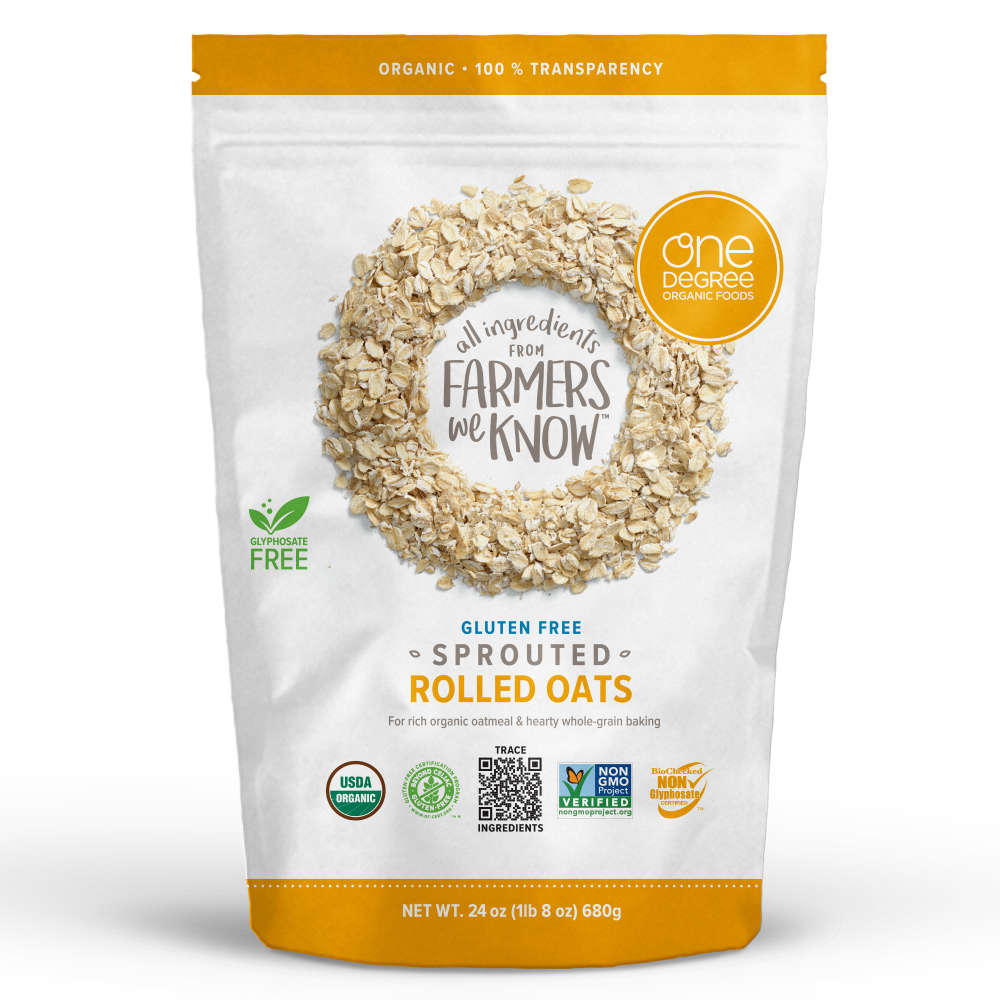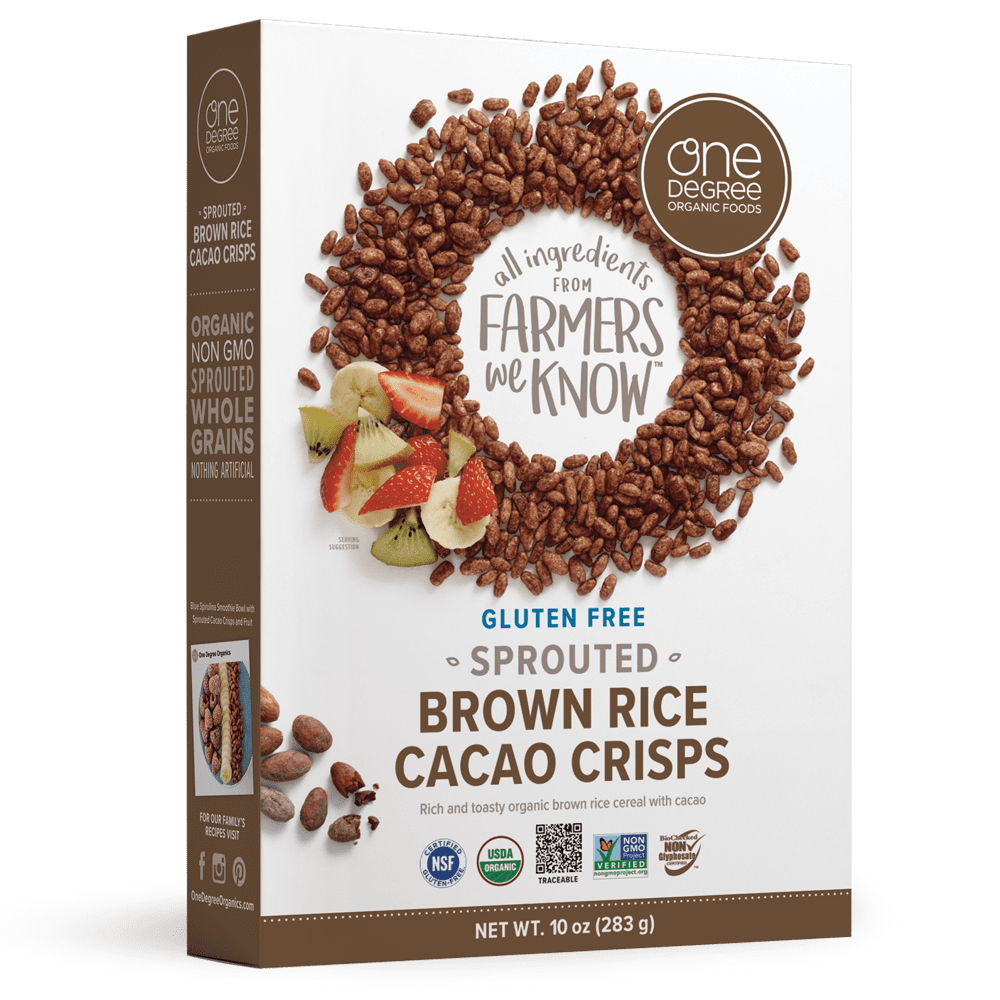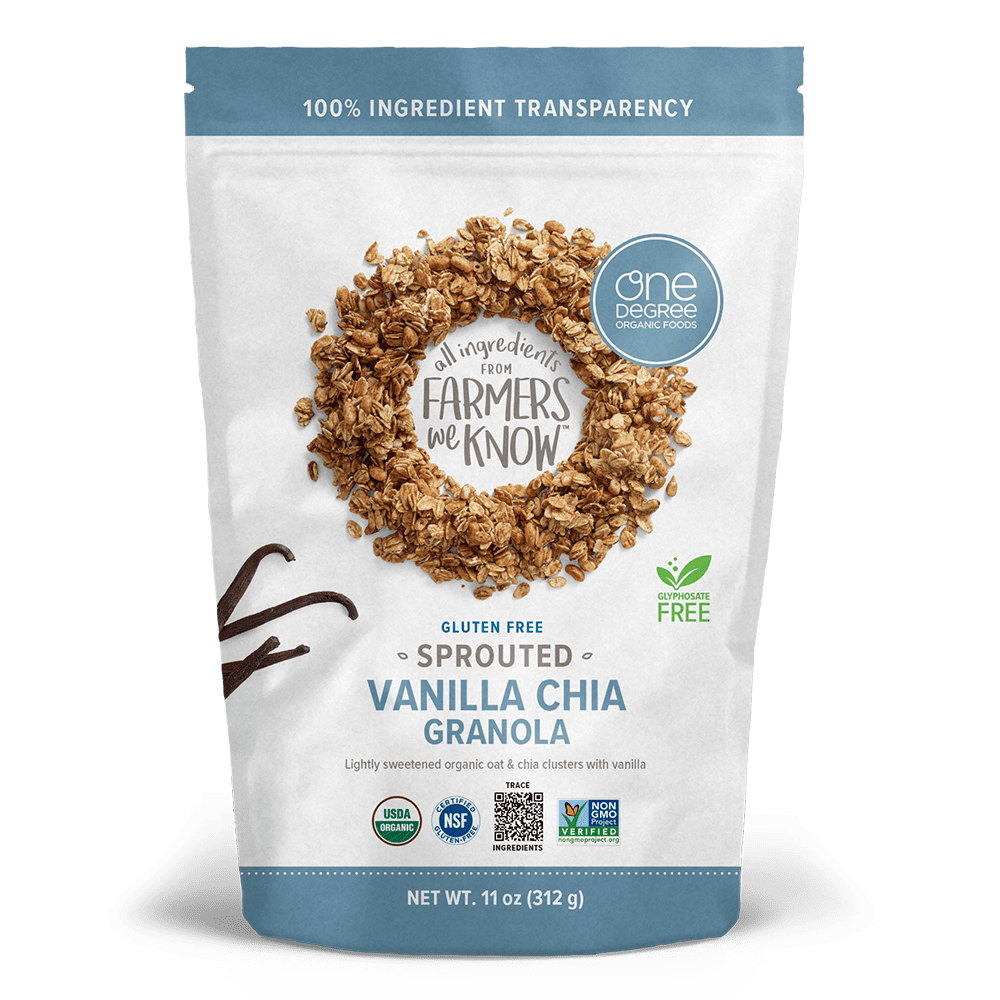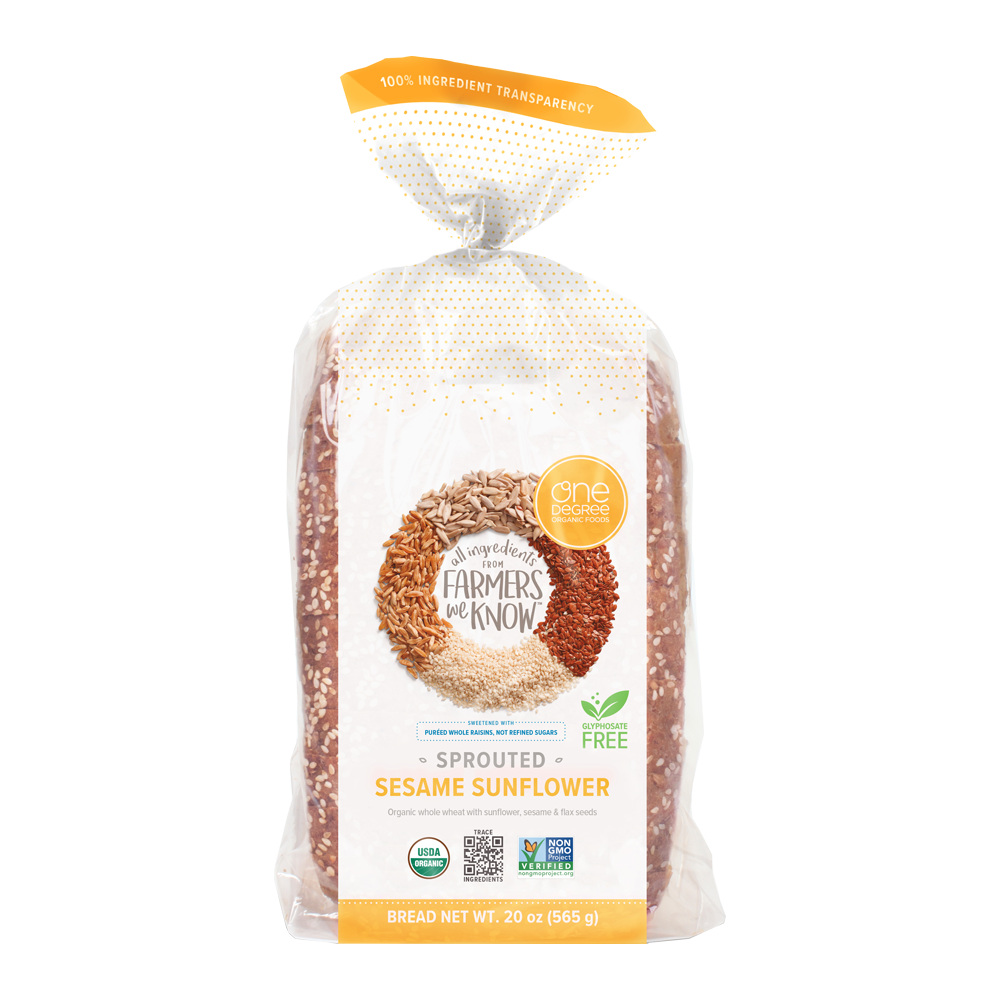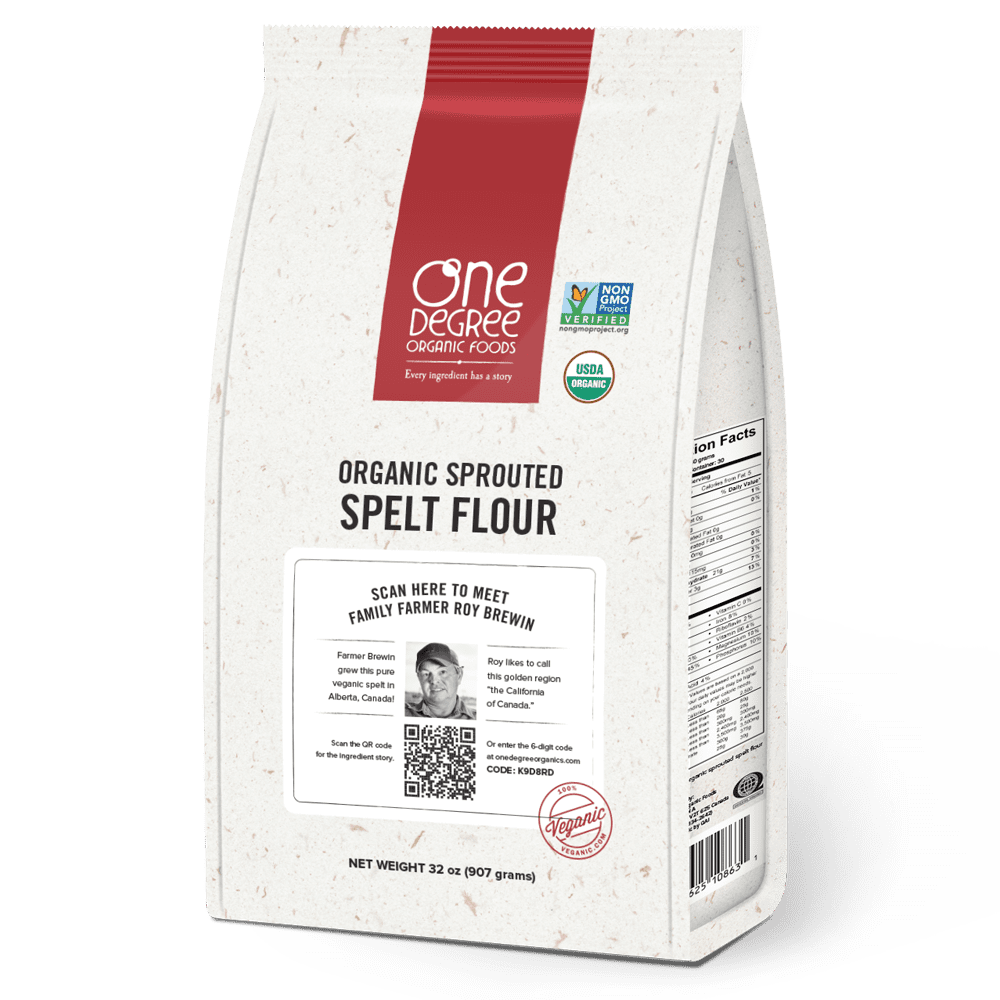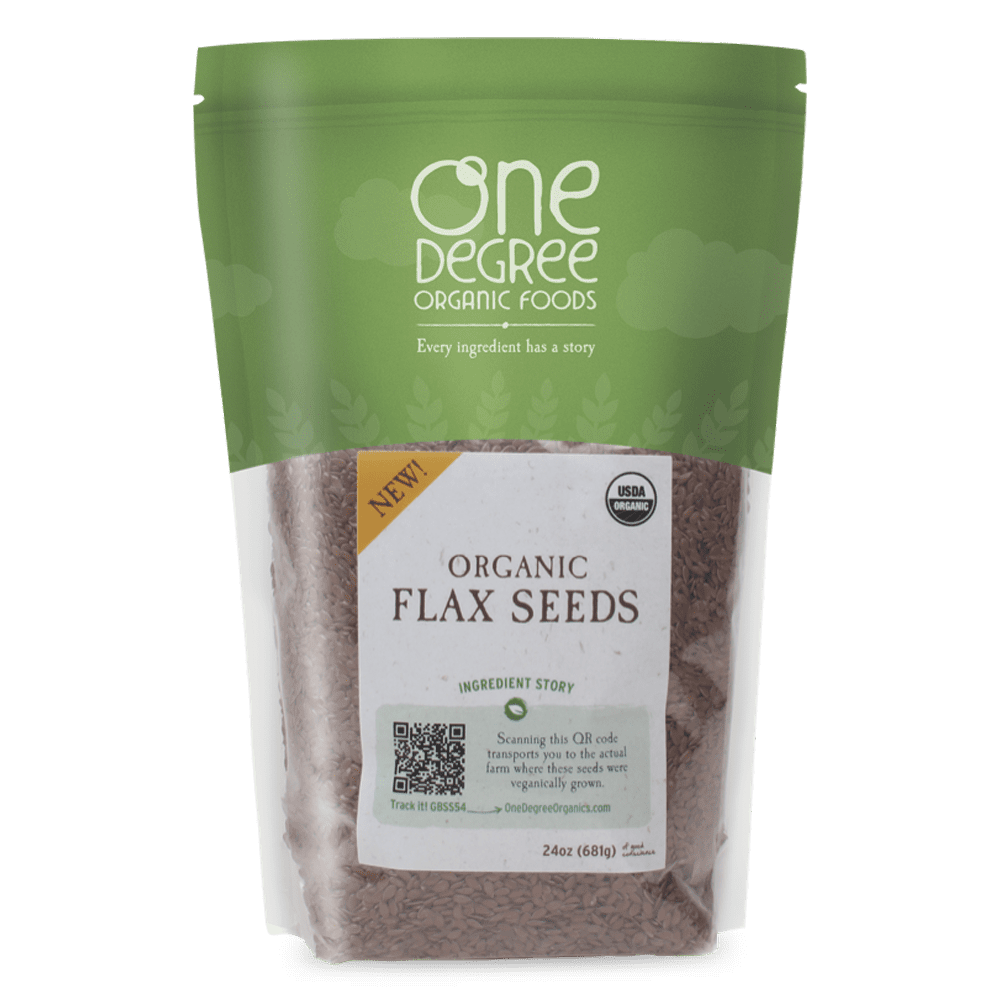Wheat Gluten
Kroner Starke
The pursuit of the highest quality organic ingredients often takes you full circle. By seeking the most advanced technologies, the most innovative farms and mills, you ultimately discover families with deep roots and enduring values whose business model is as old as the earth: respect the land, farm with integrity, and realize that the greatest reward is to harvest a bounty that your family and neighbors can be proud of.
Our search for one extremely rare ingredient led us to such a place, to a 111-year-old company in the village of Ibbenburen, Germany. At the Kroener-Staerke mill, we found a high-quality source of organic wheat gluten for our bread and flour; and, at the center of this thoroughly modern enterprise, we met a man who is always looking forward.
Gotz Kroener is the grandson of the company founder. Hermann Kroener was 37 and already the father of ten children when he decided to leave his milling job and start his own mill in the same town. “The former employer was not so amused about it,” says Gotz. “And so there was a very very tough competition.” It was a rivalry that lasted for generations. Today the competition continues, with the families on much better terms.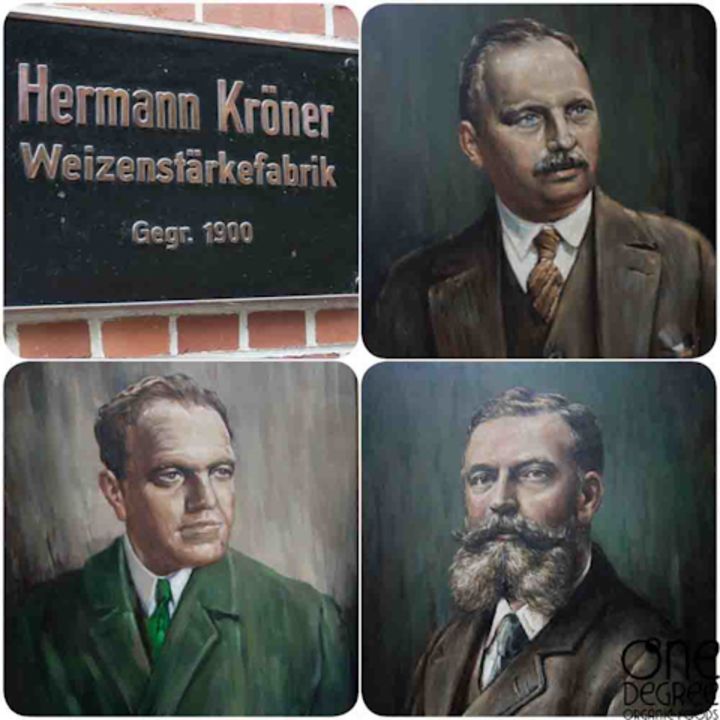
Like his grandfather, Gotz Kroener savors the challenge of exploring new paths. He has transformed Kroener-Staerke from a wholly conventional mill into the largest producer of organic starch products in Europe. That growth has in turn provided a stable market for regional organic farmers. The success of Kroener-Staerke’s organic operations has led to a substantial increase in the numbers of farmers who want to use organic and veganic methods on their land.
Kroener-Staerke uses just two ingredients to produce what it calls its Organic Vital Wheat Gluten: untreated wheat flour and pure well water. The process uses centrifuges to separate starch and protein, and steam to refine the veganic flour. There are no additives of any kind.
In concert with a machinery supplier, Kroener-Staerke invented this process, which is now used across Europe. “It’s an ecological approach, but it’s also an economic approach,” says Gotz, as he explains the way the technology reduced the amount of water used for processing by 90 percent.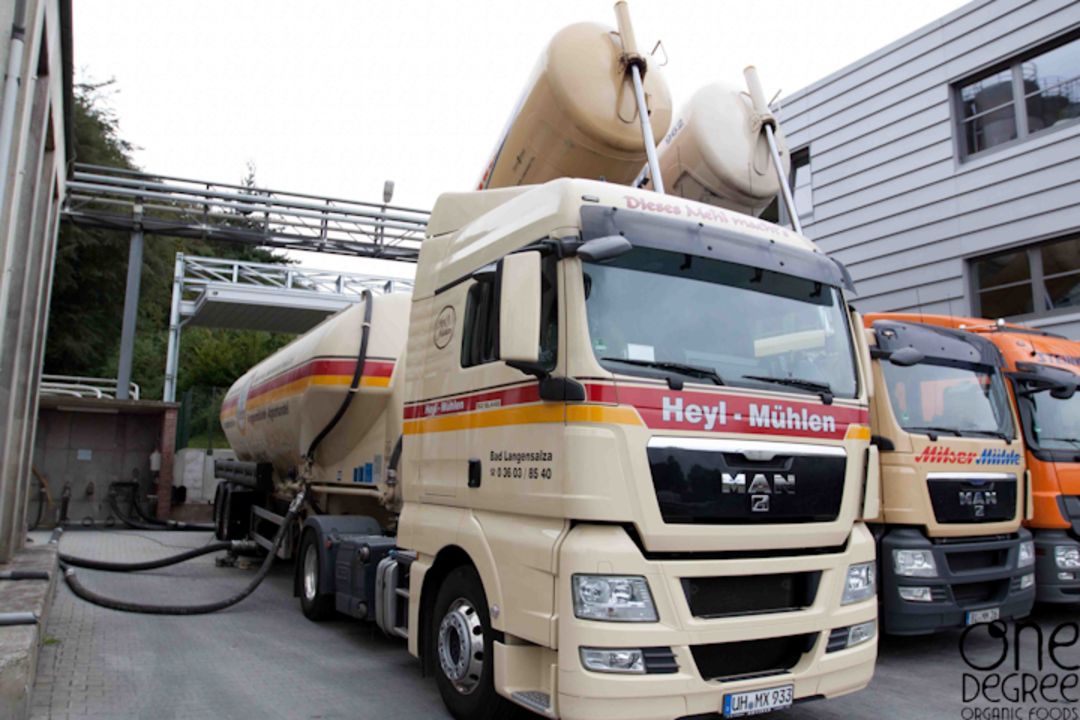
Water is not the only resource the company uses in a responsible way. An on-site biogas plant uses wheat by-products to produce methane, which in turn generates electricity for the machinery. At least in part, this highly efficient facility is a plant powered by plants.
Stewardship of natural resources is a reflection of the way the company treats its human resources. Gotz describes the 95-person workforce as essentially a big family. And farmers who deal with Kroener-Staerke are given a more personal level of attention. Relationships are built on trust. Having the right numbers — a sufficient yield at the right price — just isn’t enough, he says.
Part of establishing these trusting relationships is helping regional farmers make the switch to organic and veganic methods. Gotz personally works closely with suppliers to make the arduous transition, and is ready to become a reliable buyer for the wheat once his high standards have been met.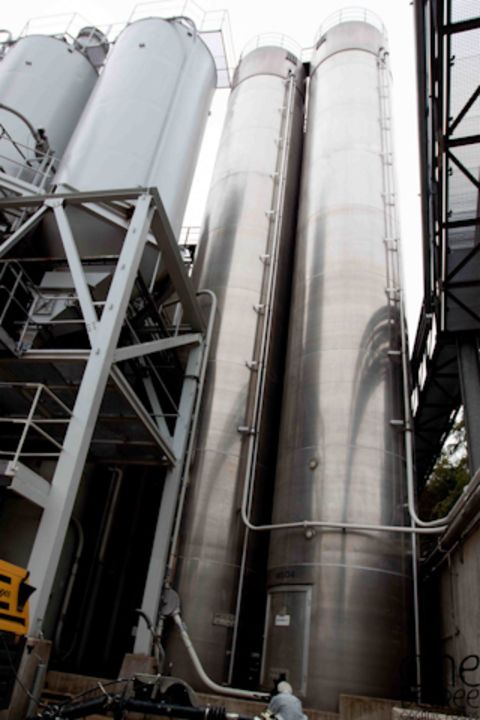
In a large, successful enterprise such as Kroener-Staerke, it is no doubt easy to become entangled in innumerable small details, to miss the field for the grain. You might expect that someone who studied “cereal technology” at the university level would fall into that trap. But the former cereal student, the company’s irrepressible CEO, never loses sight of the big picture, and never loses touch with what is important.
“Working organically, you do something for the next generation,” he says. “We are living on the earth; we are not owning it. We are just here as guests, and we have to leave it as healthy as possible.”
In any language, we could not have said it better ourselves.
— Charlie Dodge
